
Teeth Grinding While Sleeping - A Normal Habit or a Warning Sign of an Underlying Health Issue?
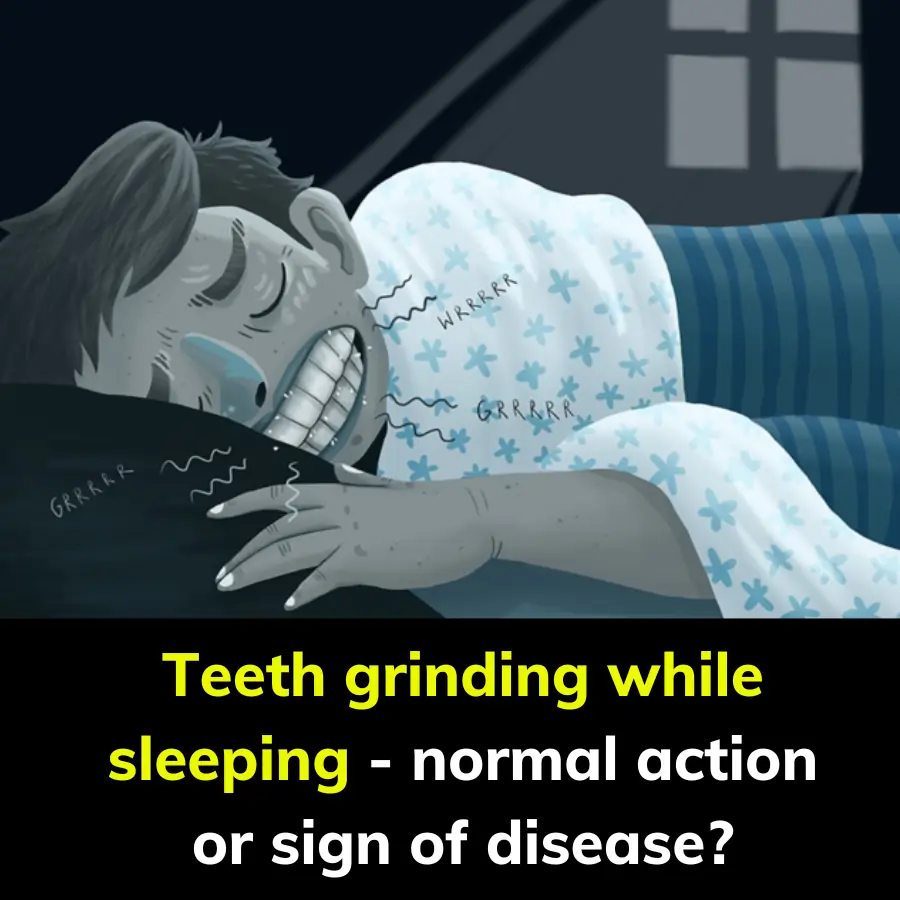
Teeth grinding during sleep, also known as sleep bruxism, is a condition experienced by millions of people worldwide. Some individuals grind or clench their teeth occasionally without noticing, while others do it intensely enough to cause headaches, jaw pain, tooth damage, or even sleep disturbances. Although many people assume it is a harmless habit, persistent teeth grinding can actually be a sign of deeper physical or psychological problems. Understanding the causes, symptoms, and potential complications is essential for protecting long-term oral and overall health.
Below is a comprehensive look into why teeth grinding happens, whether it's normal, and when it may signal a medical condition requiring attention.
What Is Sleep Bruxism?
Sleep bruxism is an involuntary action that involves grinding, clenching, or gnashing the teeth during sleep. It often occurs in brief episodes throughout the night and can range from mild to severe. Many people are unaware of the behavior until a partner notices it or symptoms begin to appear.
Bruxism can occur at any age:
-
Children often grind their teeth while their teeth or jaws are still developing.
-
Adults may develop bruxism due to stress, lifestyle factors, or underlying health issues.
While occasional grinding is usually harmless, chronic or severe bruxism can become a significant oral health concern.
Is Teeth Grinding Normal?
In certain situations, mild teeth grinding can be considered normal, especially in children. For example:
-
Kids may grind their teeth during periods of growth or when losing baby teeth.
-
Some adults grind occasionally during stressful periods, and the habit stops naturally once the stress decreases.
However, regular or forceful teeth grinding is not normal. When it becomes persistent, it is often a sign of an underlying issue that should be addressed as soon as possible.
Common Causes of Sleep Bruxism
1. Stress and Anxiety
Stress is the number one cause of bruxism. Emotional tension can carry over into sleep, causing the muscles in the jaw to tighten and clench involuntarily.
2. Sleep Disorders
Conditions such as:
-
Obstructive sleep apnea (OSA)
-
Snoring
-
Sleep talking
…are strongly linked to nighttime teeth grinding.
3. Misaligned Teeth or Bite Problems
When the upper and lower teeth do not fit together properly (malocclusion), the jaw muscles may overcompensate, leading to grinding during sleep.
4. Lifestyle Factors
Certain habits can increase the risk of bruxism:
-
High caffeine intake
-
Smoking or vaping
-
Alcohol consumption
-
Recreational drug use
These stimulants can overactivate the nervous system and disrupt normal sleep patterns.
5. Medications
Some antidepressants and psychiatric medications list bruxism as a side effect.
6. Neurological Conditions
In rare cases, disorders such as Parkinson’s disease or Huntington’s disease can contribute to involuntary jaw movements.
How to Recognize Signs of Sleep Bruxism
Because grinding happens at night, people often only notice the symptoms, which include:
1. Jaw Pain or Tightness
You may wake up with soreness in the jaw muscles, difficulty opening the mouth, or a feeling of tightness.
2. Headaches
Many people experience morning headaches due to the pressure exerted during teeth grinding.
3. Tooth Damage
Look for:
-
Flattened tooth surfaces
-
Chipped enamel
-
Increased tooth sensitivity
-
Loose teeth
Dentists can often detect bruxism early by examining tooth wear patterns.
4. Ear Pain
Although there is no infection, the pressure from grinding can radiate toward the ear area.
5. Poor Sleep Quality
Grinding episodes can cause micro-awakenings, which reduce deep sleep and lead to daytime fatigue.
Is Teeth Grinding a Sign of Disease?
In many cases, yes. Chronic bruxism may signal underlying medical issues such as:
1. Sleep Apnea
Bruxism is frequently associated with sleep apnea, a condition where breathing repeatedly stops during sleep. This is a serious disorder requiring medical treatment.
2. TMJ Disorders
Grinding can trigger or worsen temporomandibular joint (TMJ) dysfunction, causing chronic jaw pain and mobility issues.
3. Anxiety Disorders
Persistent grinding may be a symptom of chronic anxiety or unmanaged stress.
4. Gastroesophageal Reflux Disease (GERD)
Acid reflux at night can irritate nerves and muscles in the jaw, triggering grinding.
5. Neurological or Movement Disorders
Though less common, some neurological diseases cause repetitive jaw movements during sleep.
Complications of Untreated Sleep Bruxism
Ignoring teeth grinding can lead to serious consequences, including:
-
Severe tooth wear and fractures
-
Chronic jaw pain or TMJ disorder
-
Frequent headaches
-
Gum recession and tooth loosening
-
Poor sleep quality
-
Facial muscle soreness
-
Increased risk of dental infections
Over time, these complications can significantly affect both oral health and overall well-being.
How to Treat and Prevent Sleep Bruxism
1. Manage Stress
Stress reduction is one of the most effective ways to reduce grinding.
-
Meditation
-
Deep breathing
-
Yoga
-
Journaling
-
Counseling or therapy
Relaxing before bedtime can significantly reduce nighttime grinding.
2. Wear a Night Guard
Dentists can create a custom-fitted mouthguard to prevent teeth from grinding against each other. This reduces tooth damage and jaw strain.
3. Address Sleep Disorders
If bruxism is linked to sleep apnea or snoring, treating the underlying disorder (e.g., CPAP therapy) can eliminate grinding.
4. Improve Sleep Hygiene
A consistent sleep schedule and a relaxing bedtime routine help calm the nervous system.
5. Limit Stimulants
Avoid or reduce:
-
Caffeine after mid-afternoon
-
Alcohol before bedtime
-
Smoking
These can worsen nighttime grinding.
6. Correct Bite Problems
In cases where misaligned teeth cause bruxism, orthodontic treatment may be recommended.
7. Review Medications
If grinding began after starting a medication, speak with your doctor. There may be safer alternatives.
When to See a Doctor or Dentist
Seek professional help if you experience:
-
Persistent jaw pain
-
Frequent headaches
-
Cracked or worn teeth
-
Disturbed sleep
-
Clicking or popping sounds in the jaw
Early intervention prevents long-term damage and improves sleep quality.
Final Thoughts
Teeth grinding during sleep may seem like a harmless habit, but it can be a red flag for deeper health issues. While mild, occasional grinding can be normal, persistent bruxism should never be ignored. Understanding the causes and symptoms is the first step toward protecting your teeth, jaw, and overall health. With timely treatment and proper preventive measures, most people can successfully manage or eliminate sleep bruxism.
News in the same category

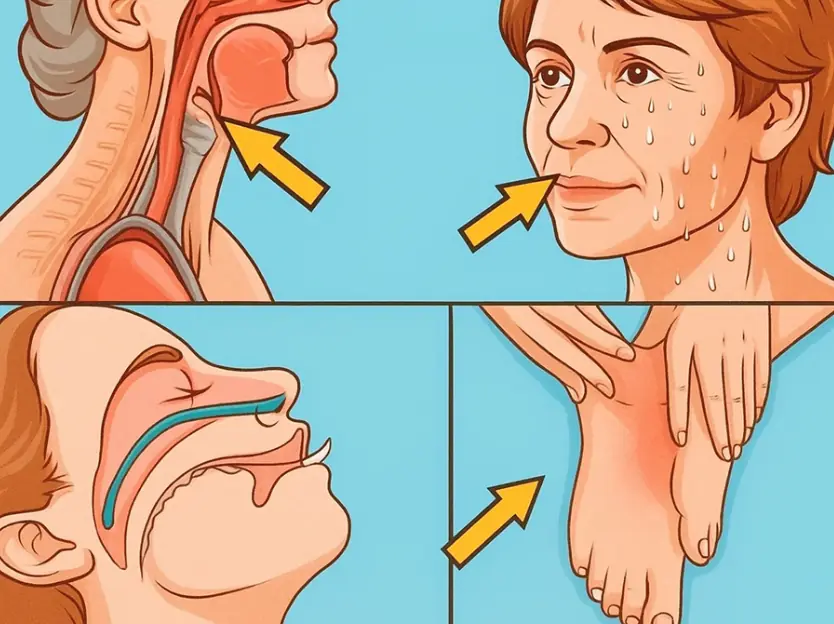
Recognizing High Blo.od Sugar: 7 Early Signs You Should Not Ignore
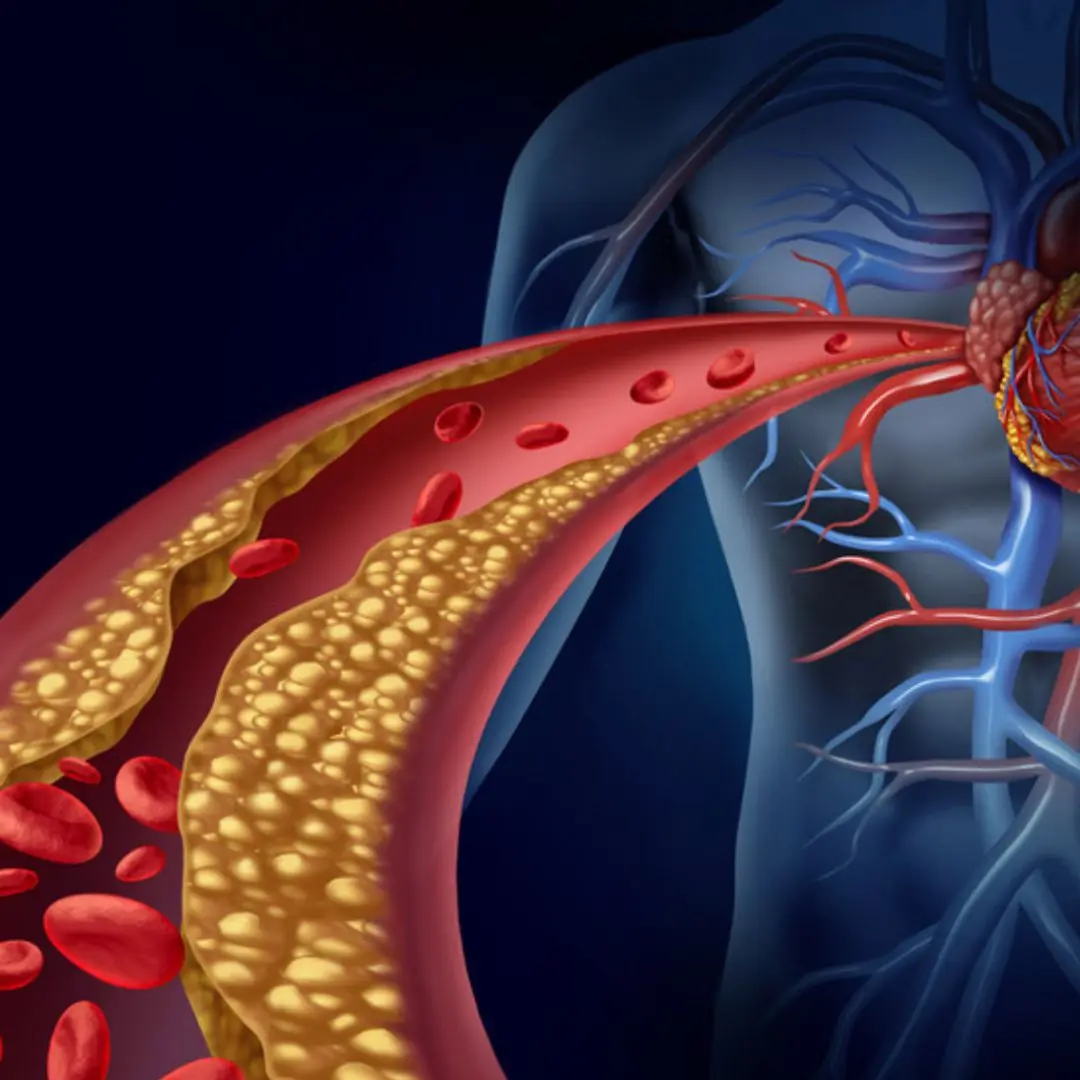
Your Body May Be Telling You Your Arteries Are Clogged — 10 Signs to Know

4 fruits that "feed" can.cer cells avoid them at all costs, no matter how cheap they are
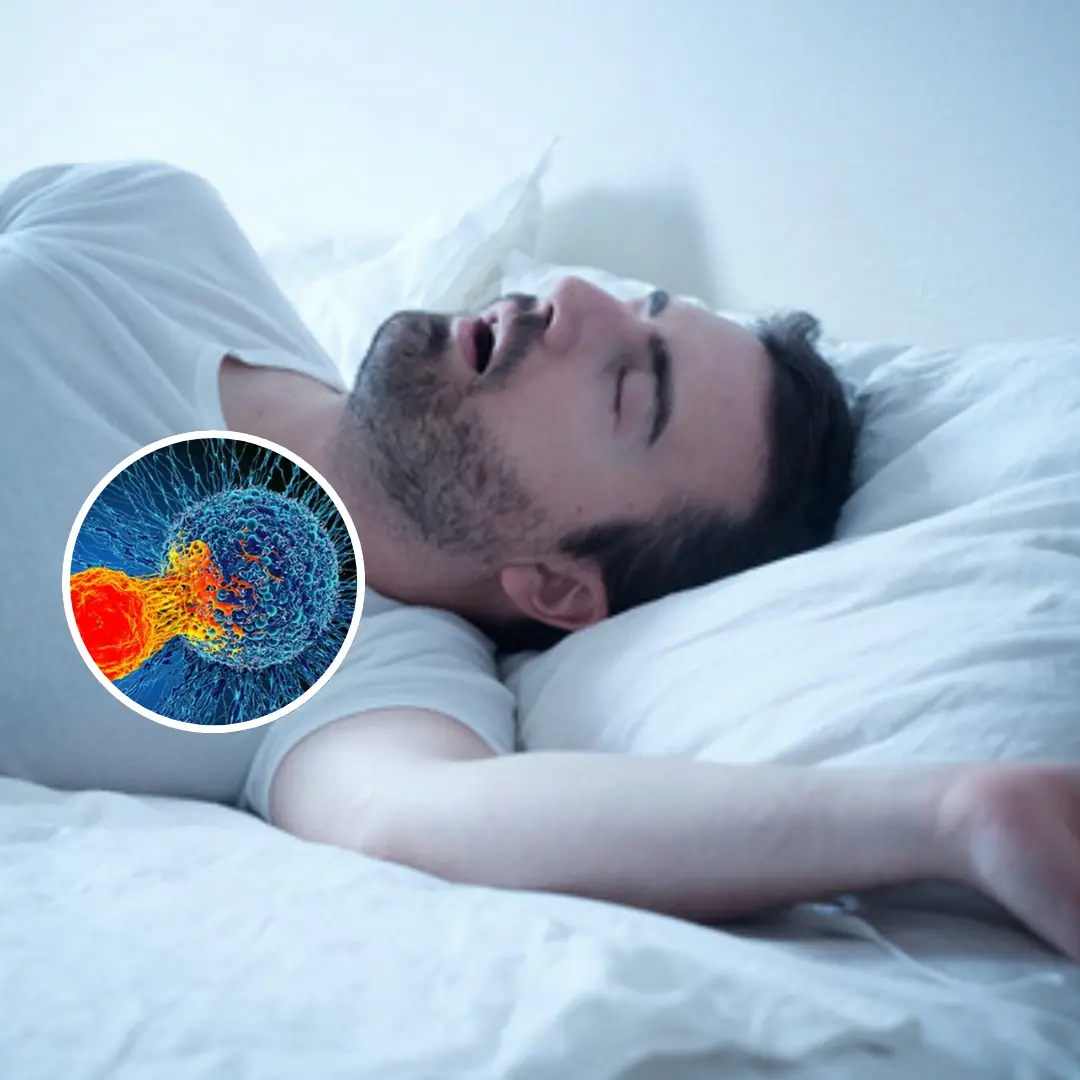
5 nighttime symptoms while sleeping that could indicate can.cer

42-year-old man suffers sudden stro.ke despite not smo.king or drin.king: Doctor says it was caused by “three habits”

A mother and her two sons all develop lu.ng can.cer even though no one in the family smokes — The unexpected cause

4 Evening Symptoms That May Signal Liver Failure
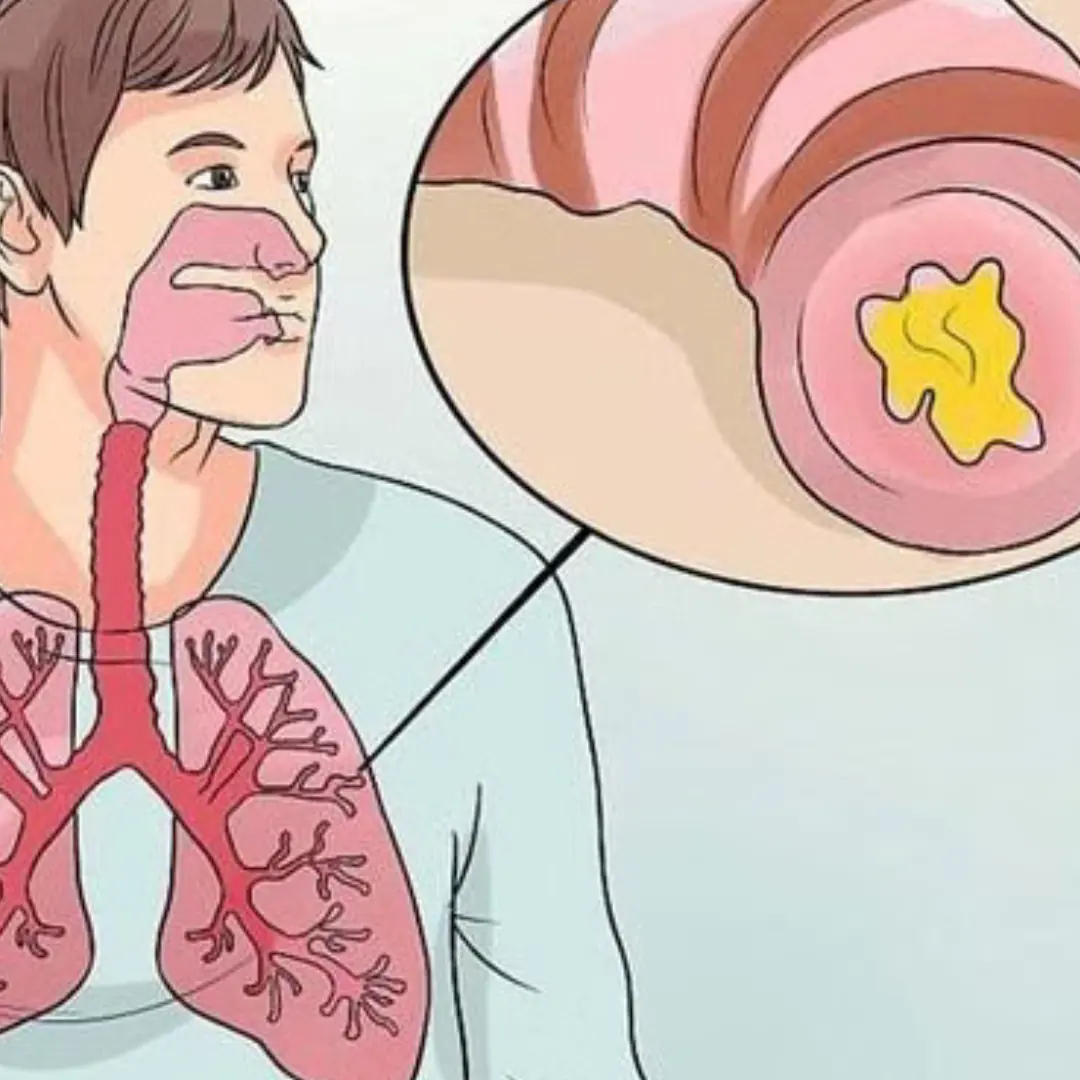
Symptoms of chronic bronchitis and treatment

A Common Mistake Everyone Makes: It’s Not Leftovers — These 5 Foods Are the Real “Silent Kil.lers” Hiding in Your Kitchen!

Doctors Reveal the Cause: Ignoring His Constipation Symptoms Cost a 41-Year-Old Man His Life in Just One Month

A Small Spot on the Chest Seemed Harmless… but Doctors Say It’s a ‘Silent Killer’ Hiding in the Lungs

Shocking: A Mission to Mars Could ‘Destroy’ Astronauts’ Kid.neys — What Is NASA Warning About?

The Faithful Dog Who Braved the Storm and Found Love in the Most Unexpected Companion

She Walked Away and Chose Her Son Over Me — But It Was Grandma Who Stepped In and Taught Her a Lesson That Changed Everything Forever
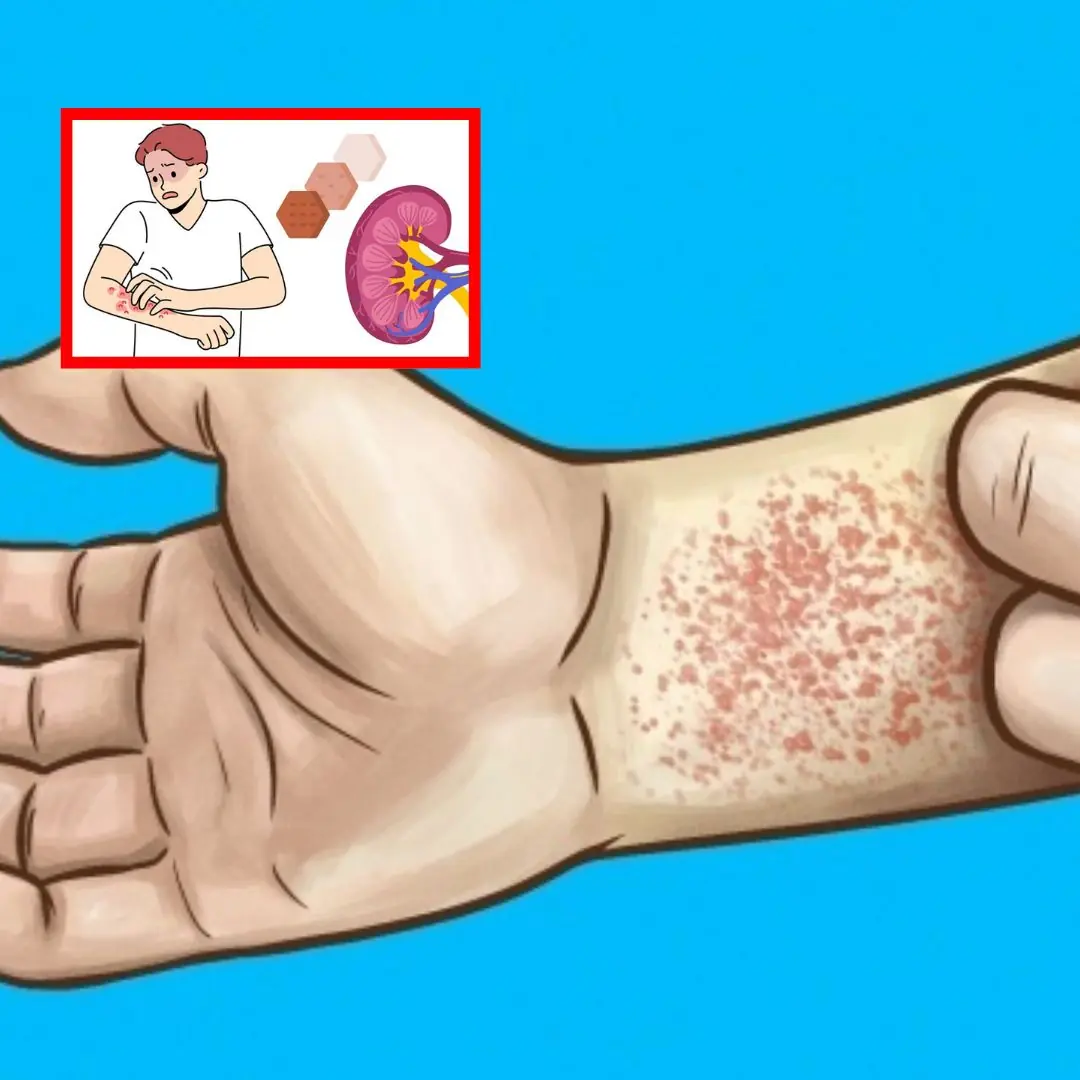
10 signs that you have kidney disease without knowing it

10 Warning Signs That May Indicate Abnormal Cell Growth in the Body
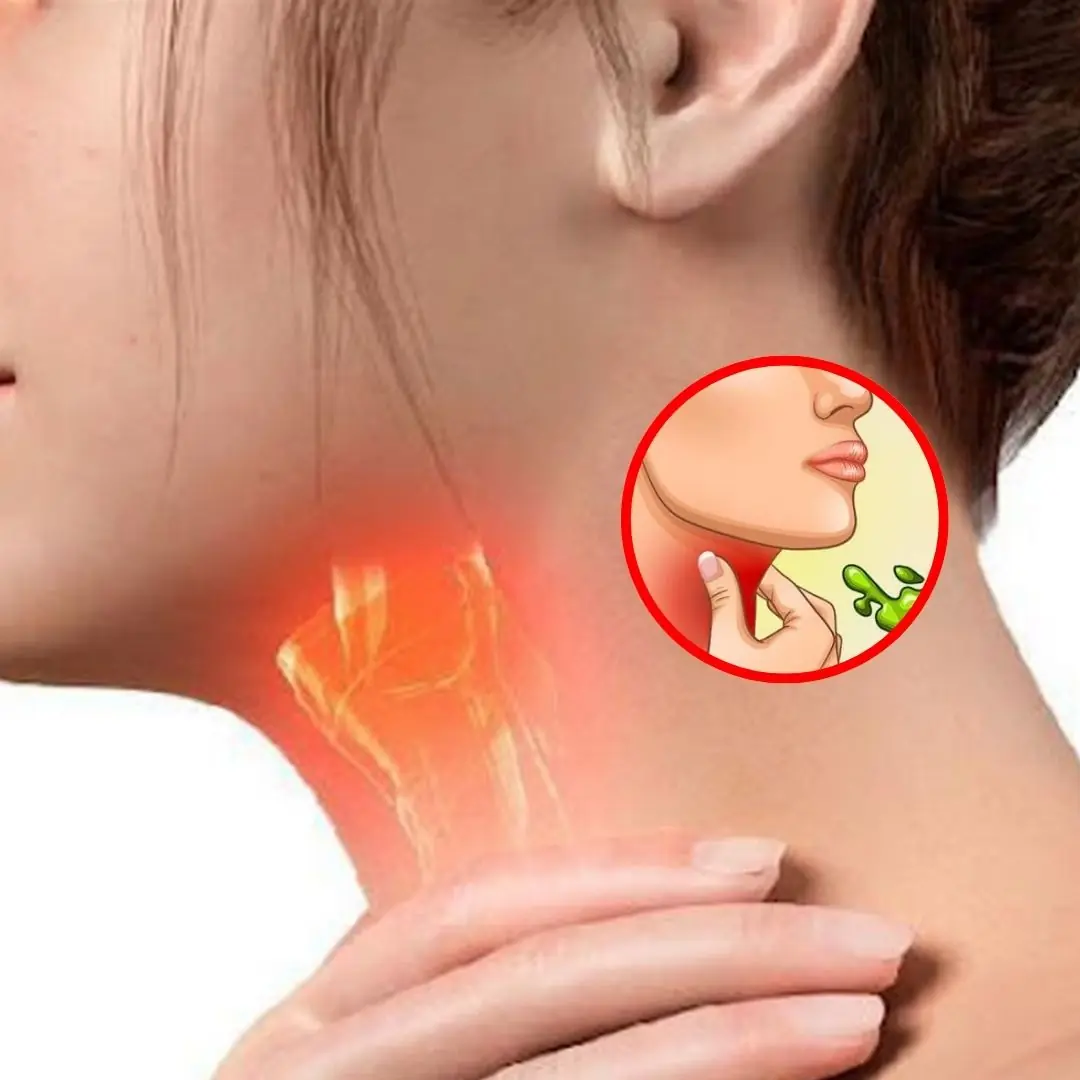
8 Ways To Get Rid Of Phlegm And Mucus In Chest And Throat
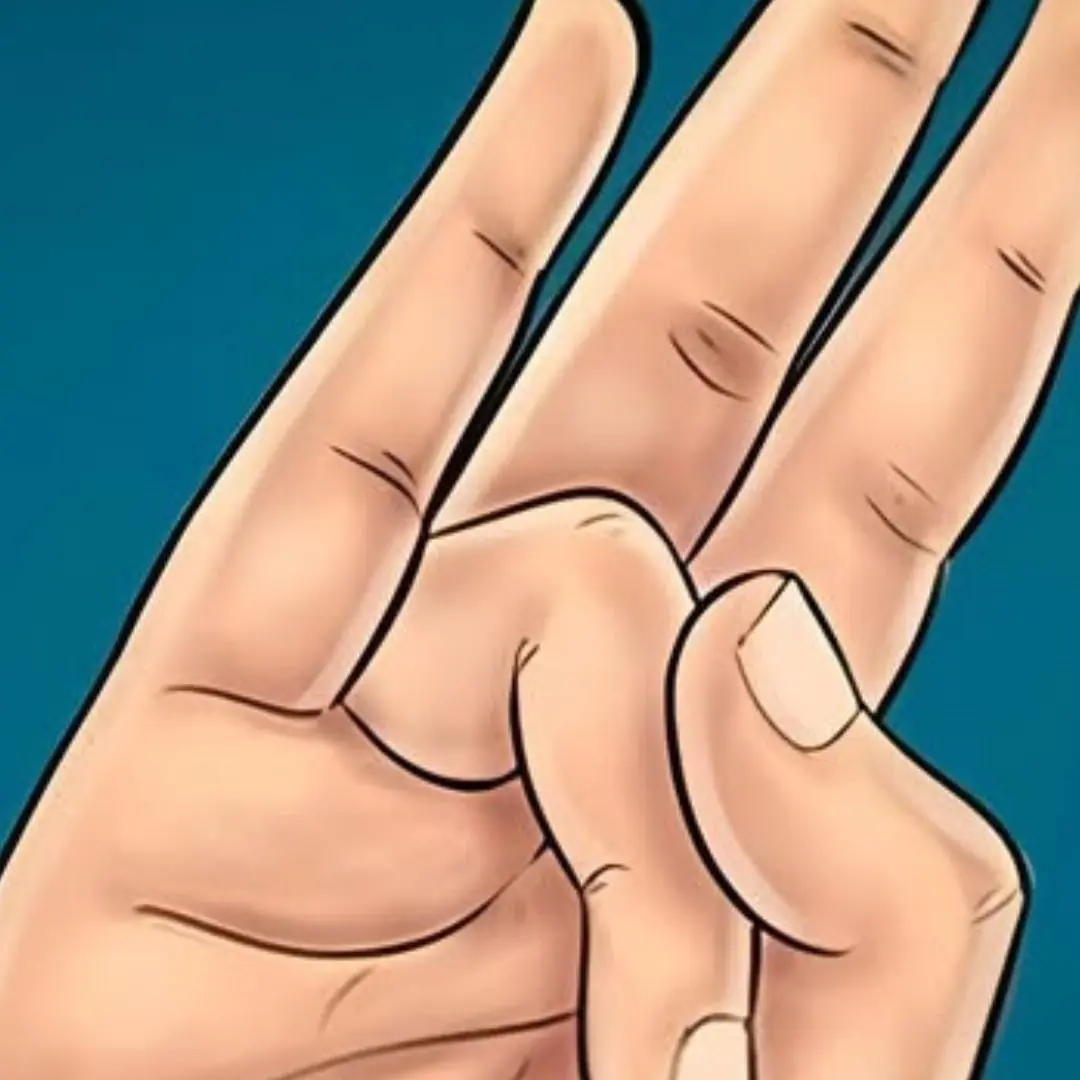
Stretch your ring finger with your thumb and hold it for a few seconds. you'll love the reason!
News Post

Shrimp and Cheese Grilled Sandwich

Studies show that children born to parents with this blo.od type tend to have higher IQs than others

The shrimp and crab seafood soup

Fishermen Feared A Shark Attack—but What They Saw Inside Its Mouth Was Pure Terror

Left alone with debts by her unfaithful husband, she picked up an injured stray dog, not even suspecting whose puppy it was

How I Transformed from a Family’s Free Housekeeper to a Successful Entrepreneur Abroad

How one woman rebuilt her life, health and family strength after an unexpected breakup

Why is the account empty? Where did you put all the money, Ira?” her husband yelled, unaware that he would soon be out on the street

You’re infertile!” he shouted at his wife. But when he found out the truth, he fell to his knees. Yet she had already found the one who gave her twins…

He Lost His Wife and So Grandfather Cries While Holding Granddaughter Who Shares Her Name

When a new year revealed the truth and helped me rediscover my family strength

A New Year that changed my family, my confidence and my future

How one family found peace when clear boundaries finally brought love back home

Teriyaki Chicken with Mushroom Fried Rice

I Evicted My Son, Daughter-in-Law, and Three Grandchildren from My Home

Roasted smoked sausage and potatoes

Recognizing High Blo.od Sugar: 7 Early Signs You Should Not Ignore

Japanese Ebi Fry Omurice with Curry Sauce

Caramelized Pork Ribs with Pineapple


